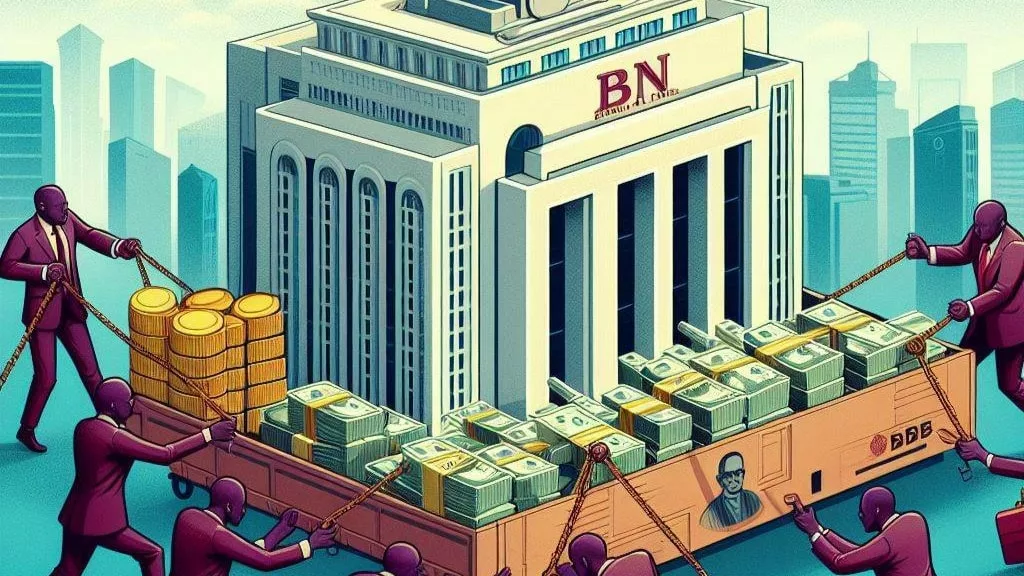
The Central Bank of Nigeria (CBN) has embarked on far-reaching reforms that saw it revoke the licenses of 4,173 bureaus de change. The bold decision is part of the wider central bank plan to plug forex shortages and lift the level of financial transactions in the country. Join us to break this down for details on the major news, as well as its implication for the Nigerian financial landscape.
Revocation Due to Non-Compliance:
The revocation was based on the high incidence of non-compliance with CBN guidelines and directives. Many exchange bureaus flouted those guidelines designed to protect compliance with the regulatory standards against financial malpractice. Instances of non-compliance include non-submission of transaction returns, payment of renewal fees within the stipulated times, and the breaches of anti-money laundering and terrorism financing regulations. Thereby, the need to intervene by the CBN to decisively bring order and restore integrity in the financial sector.
MANDATORY COMPLIANCE MEASURES
In response, the CBN introduced some stringent measures to further transparency and more accountability in the forex market on February 23. These have included the banning of street trading in foreign exchange and an increase of the minimum capital required by exchange bureaus to set at 2 billion nairas (US $1.3 million). The CBN does intend to raise the capital threshold conditions higher, with the hope of a realization that only financially strong and reputable entities are participating in the forex market. This step is an assurance not only to the investors and consumers but also to the general financial ecosystem of having an elevated integrity standard.
In a confirmation of this, Sidi Ali Hakama, the CBN’s spokesman, added that compliance to these revised regulatory guidelines is a must. He went on to say that they expect all the players in the Forex sector to respect and strictly adhere to these guidelines in full, so as not to tamper with the integrity and stability of the financial market of Nigeria.
Impact on the Foreign Exchange Market
The actions as outlined above, if taken by the CBN, would, in effect, have very far-reaching and weighty implications for the dynamics of Nigeria’s forex market. Therefore, the central bank would be enforcing stricter regulations, which included the revoking of licenses for non-compliance, in an aim to give the investor better confidence and to produce a more stable scenario in exchange rates. This, in addition, will have the impact of reducing illicit transactions in the financial markets to curb the illegal street trading of foreign exchange and bring about an orderly and transparent environment in the markets.
These will also make Nigeria’s foreign exchange market more attractive for both domestic and international investors. In other words, the CBN is leaning against the market for sustainable economic growth and development by insisting on the priority of regulatory compliance and market integrity.
Looking Ahead: As Nigeria’s Financial Landscape Transforms, Bdcs Must Adapt to New Regulatory Terrain This ensures, hence, that it is not just a threshold issue for business development but also something that engenders confidence and trust among the market players. This hard stance of the CBN in developing openness and a high sense of accountability and integrity within the financial sector is indeed very promising for the future.
In summary, the revocation of exchange bureau licenses by the CBN sends action poised in building the financial fabric of Nigeria. In doing so, the CBN is showing a way towards a more resilient and transparent financial ecosystem through the maintenance of regulatory standards and inculcation of culture in compliance. As Nigeria embarks on this transformative journey, the red line of conformity to regulatory guidelines and commitment to ethical conduct is going to become an increasingly strategic element shaping the economic destiny of the nation.


Get the latest Crypto & Blockchain News in your inbox.